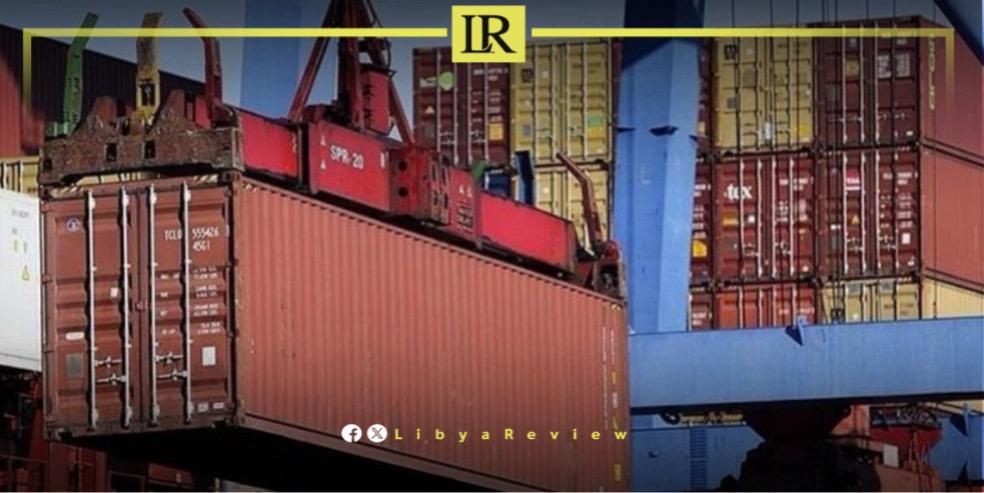According to a report from the Egyptian Central Agency for Public Mobilization and Statistics (CAPMAS), Egyptian exports to Libya experienced a notable rise in November 2023, reaching approximately $201.638 million compared to $83.546 million in November 2022, an increase of $118.092 million.
The report highlights stone and cement products as the leading exports to Libya, valued at $40.102 million, with fuel and mineral oils exports following at $31.322 million, a significant rise from $1.330 million in November 2022. Plastics and related products also saw an increase in exports, amounting to $17.660 million in November 2023, up from $7.564 million the previous year. Additionally, exports of clothing and accessories rose to $8.222 million from $2.086 million in November 2022.
This growth in trade is part of broader efforts to enhance economic ties between Egypt and Libya. A delegation of Egyptian businessmen and representatives from 15 engineering firms discussed an upcoming visit to Libya with the Director of the Engineering Export Council of Egypt (EECC), aimed at engaging with Libyan commerce chambers and economic institutions. This initiative, the first of its kind in over a decade, is supported by the Union and reflects the strategic importance of the Libyan market for Egypt’s engineering sector.
EECC Director Mai Helmi emphasized the potential for increased Egyptian engineering exports to Libya, marking the beginning of expanded bilateral cooperation. In a related meeting at the Libyan Embassy in Cairo, Mohamed Al-Hwaij, Libya’s Minister of Economy and Trade in the Government of National Unity (GNU), highlighted Libya’s strategic role as a gateway to Africa and stressed the value of a sustainable partnership between the two countries for mutual economic development.
Minister Al-Hwaij extended an invitation to Egyptian companies to participate in the 50th Tripoli International Fair in May, as part of efforts to strengthen Egyptian participation in the Libyan market and support the establishment of manufacturing facilities in Libya, in line with local investment and trade laws.


